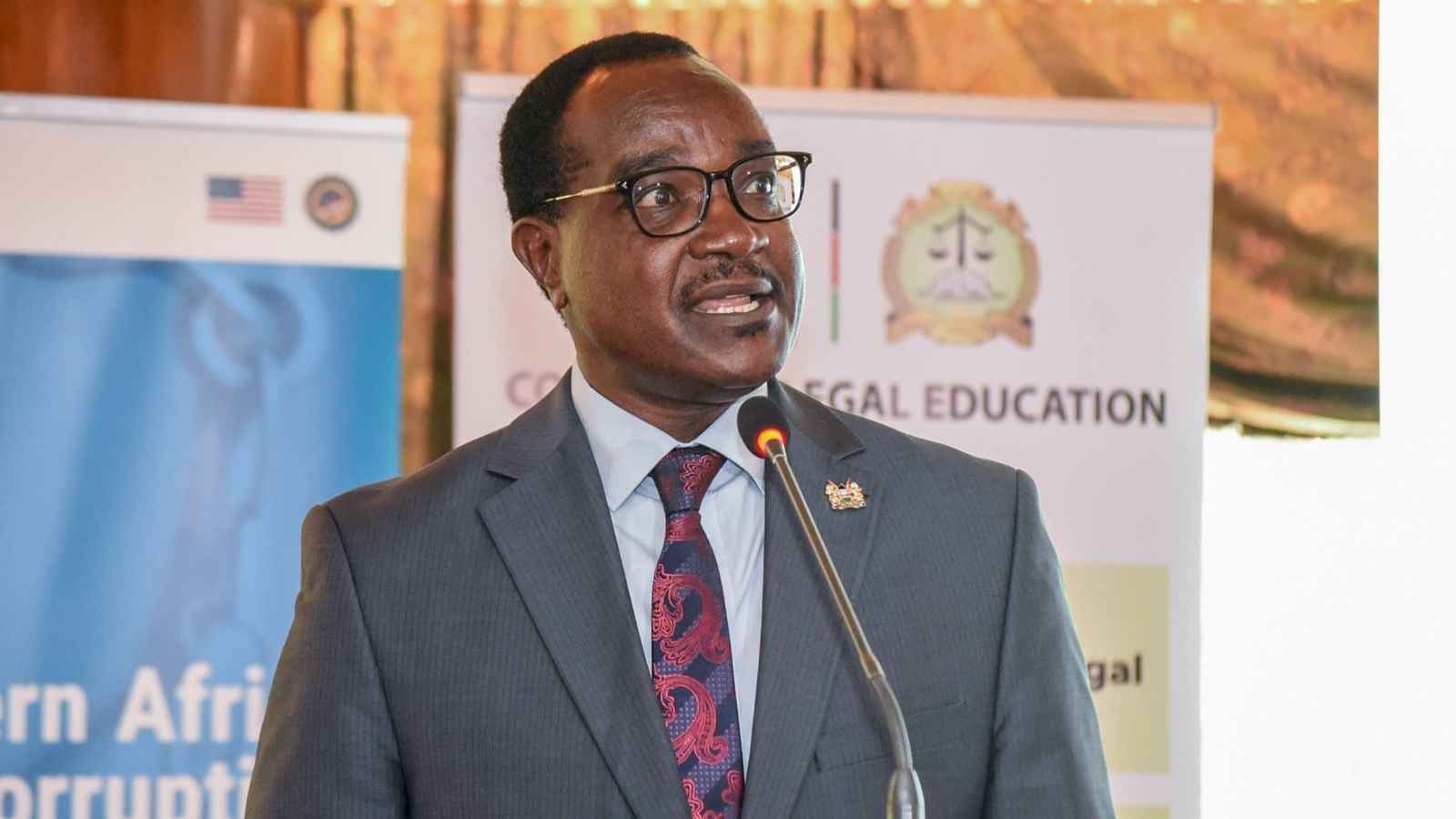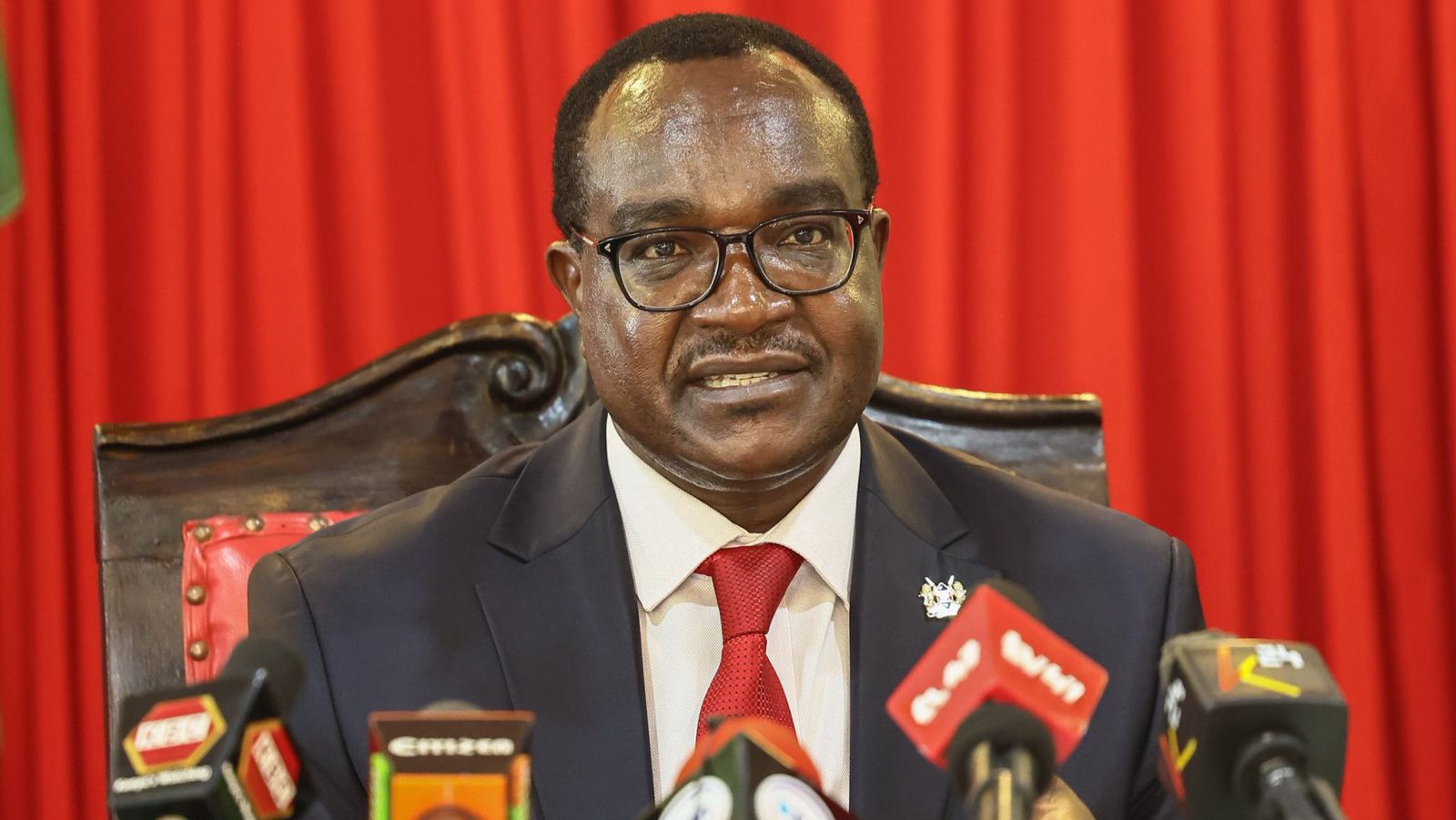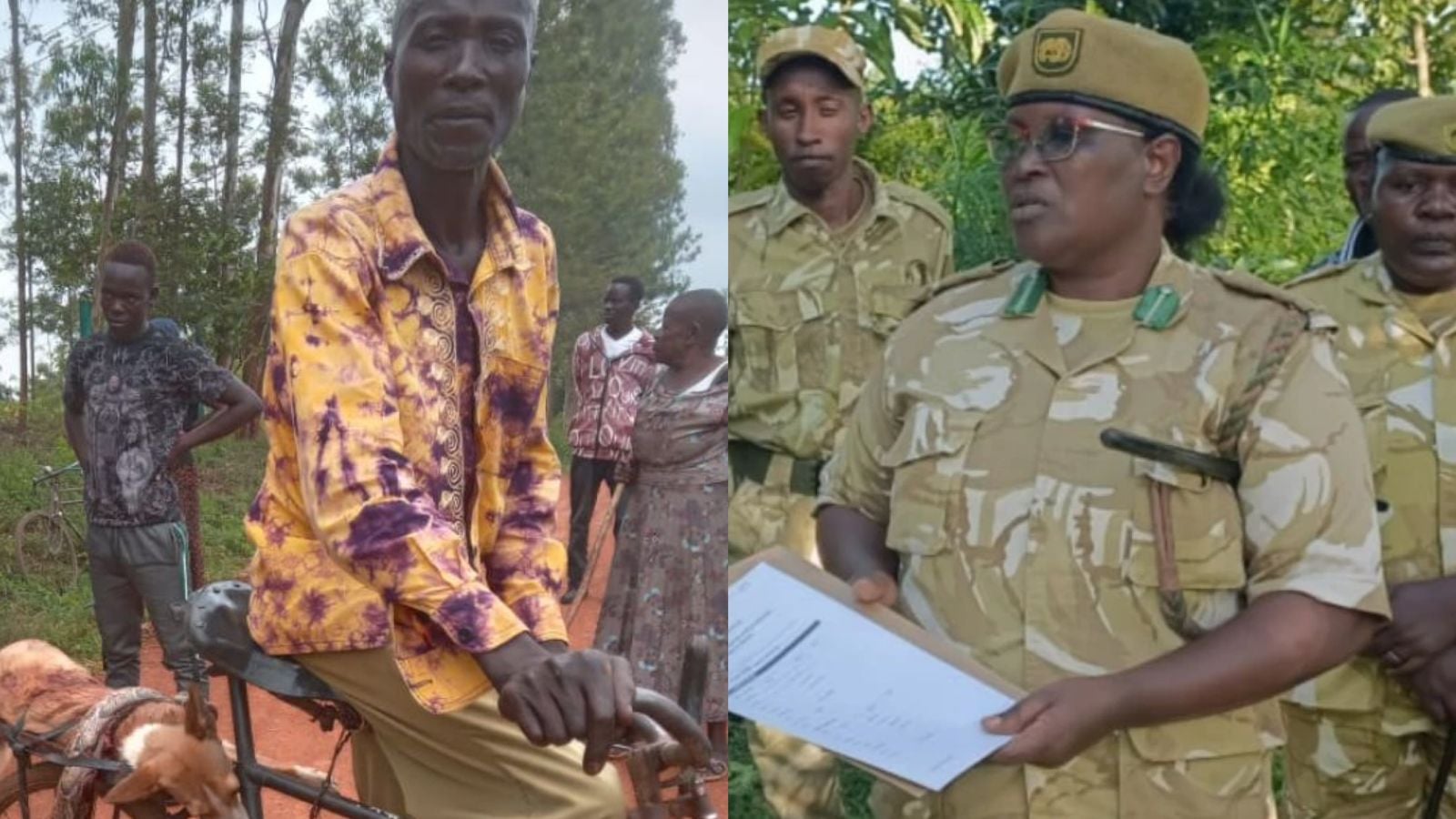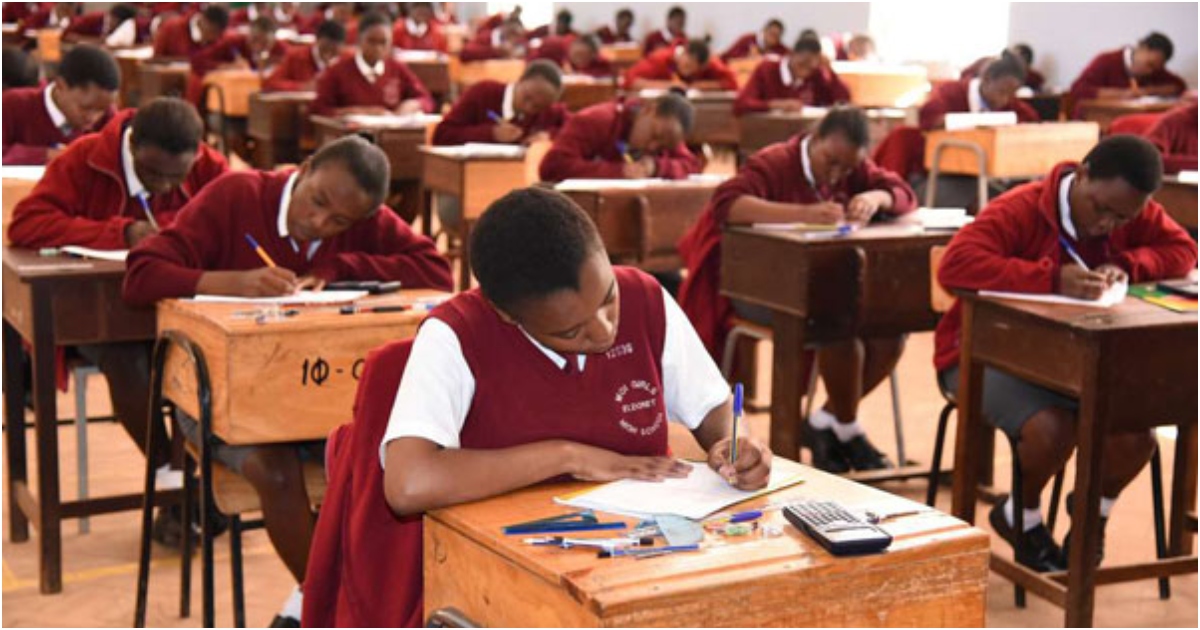The Office of the Data Protection Commissioner (ODPC) has cautioned members of the public against sharing the personal details of other people on social media.
In a statement on Wednesday, June 19, ODPC noted that there has been a recent trend of netizens sharing names, telephone numbers, locations, and details of family members of some people online.
“The Office of the Data Protection Commissioner (ODPC) has established that there has been a recent trend of consolidating and sharing of personal information (names, telephone numbers, location and details of family members) of a certain category of citizens through social media platforms,” read the statement in part.
ODPC pointed out that sharing information on individuals without their consent is contrary to the provisions of Article 31 of the Constitution of Kenya, the Data Protection Act, 2019, and its attendant regulations.
“In view of the foregoing, the Office wishes to advise members of public to refrain from further sharing of personal information which infringes on individuals' rights to privacy,” ODPC added.
Read More
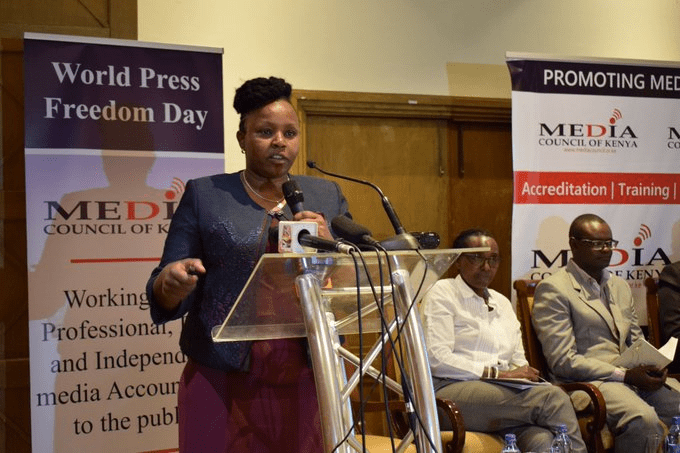
Further, the office urged any member of the public whose privacy has been violated to file a complaint.
This comes after some netizens shared personal numbers of Members of Parliament on social media in a move to pressure them to vote against the controversial Finance Bill 2024.
Numbers of senior government officials including President William Ruto were also shared online.
Molo MP Kimani Kuria on Wednesday disclosed that he received Sh168,000 from Kenyans who wanted to confirm his number.
“In a very special way, although these people bridged the Data Protection Act by sharing our numbers with Kenyans, I also thank the Kenyans who wrote to us through SMS, called us and some of them were generous enough to send us Sh1, and Sh2 and Sh10 to confirm whether our numbers were authentic,” Kuria said.
-1714379887.jpeg)
